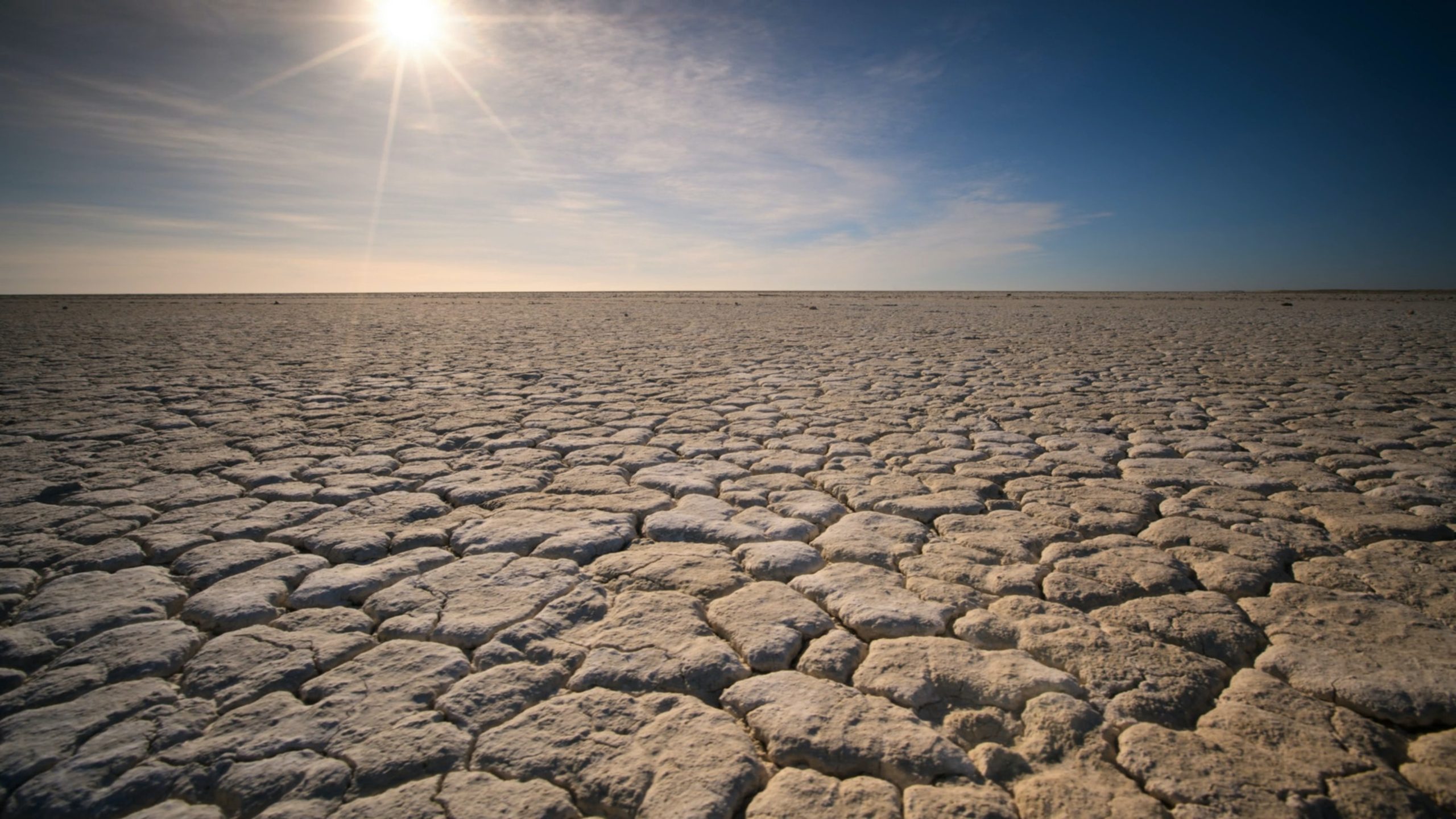Table of Contents
ToggleIntroduction:
The Horn of Africa is facing a severe drought, which is set to become the region’s worst on record. The drought is already causing widespread devastation, including crop failures, livestock deaths, and water shortages. In this article, we will explore the causes of the drought, its consequences, and possible solutions.
Causes of the Drought:
The Horn of Africa is prone to drought due to its location in the tropical region, which receives erratic rainfall. However, the current drought has been exacerbated by several factors, including climate change, population growth, and conflict.
Climate Change:
Climate change is a significant factor contributing to the current drought in the Horn of Africa. The region is experiencing higher temperatures and more frequent and intense droughts, which are attributed to climate change. The changing climate has altered rainfall patterns, reducing the amount of rain the region receives.
Population Growth:
Population growth is another factor contributing to the current drought in the Horn of Africa. The region has a rapidly growing population, which has led to increased demand for resources, including water and land. The demand for resources has put pressure on the region’s already fragile ecosystems, exacerbating the effects of drought.
Conflict:
Conflict is also a factor contributing to the current drought in the Horn of Africa. The region has been plagued by conflict for decades, which has disrupted livelihoods and displaced people. The conflict has also led to the destruction of infrastructure, including water and irrigation systems, exacerbating the effects of drought.
Consequences of the Drought:
The drought in the Horn of Africa has severe consequences for the region’s people, economy, and environment.
Food Insecurity:
The drought has caused widespread crop failures and livestock deaths, leading to food insecurity. The region’s farmers have been unable to plant crops or maintain their livestock, leading to a significant reduction in food production.
Water Scarcity:
The drought has also led to water scarcity, with many communities facing severe water shortages. The lack of water has led to health issues, including the spread of water-borne diseases.
Economic Impact:
The drought has had a significant economic impact, with many people losing their livelihoods. The region’s farmers and pastoralists have been the hardest hit, with many forced to sell their assets to survive.
Possible Solutions:
There are several possible solutions to the drought in the Horn of Africa, including:
Investing in Climate-Resilient Agriculture:
Investing in climate-resilient agriculture can help farmers adapt to the changing climate and reduce the impact of drought. Climate-resilient agriculture involves using drought-tolerant crops, improving soil health, and conserving water.
Investing in Water Infrastructure:
Investing in water infrastructure, including dams, reservoirs, and irrigation systems, can help improve water availability and reduce the impact of drought. Water infrastructure can also help to improve agricultural productivity and support other economic activities.
Promoting Peace and Stability:
Promoting peace and stability in the region can help to reduce the impact of conflict on the drought. Peaceful coexistence can help to reduce the destruction of infrastructure, including water and irrigation systems, and support economic activities.
Conclusion:
The Horn of Africa is facing a severe drought, which is set to become the region’s worst on record. The drought is caused by several factors, including climate change, population growth, and conflict. The consequences of the drought are severe, including food insecurity, water scarcity, and economic hardship. However, there are possible solutions to the drought, including investing in climate-resilient agriculture, water infrastructure, and promoting peace and stability. By working together, we can help to reduce the impact of the drought and support the people of the Horn of Africa.







